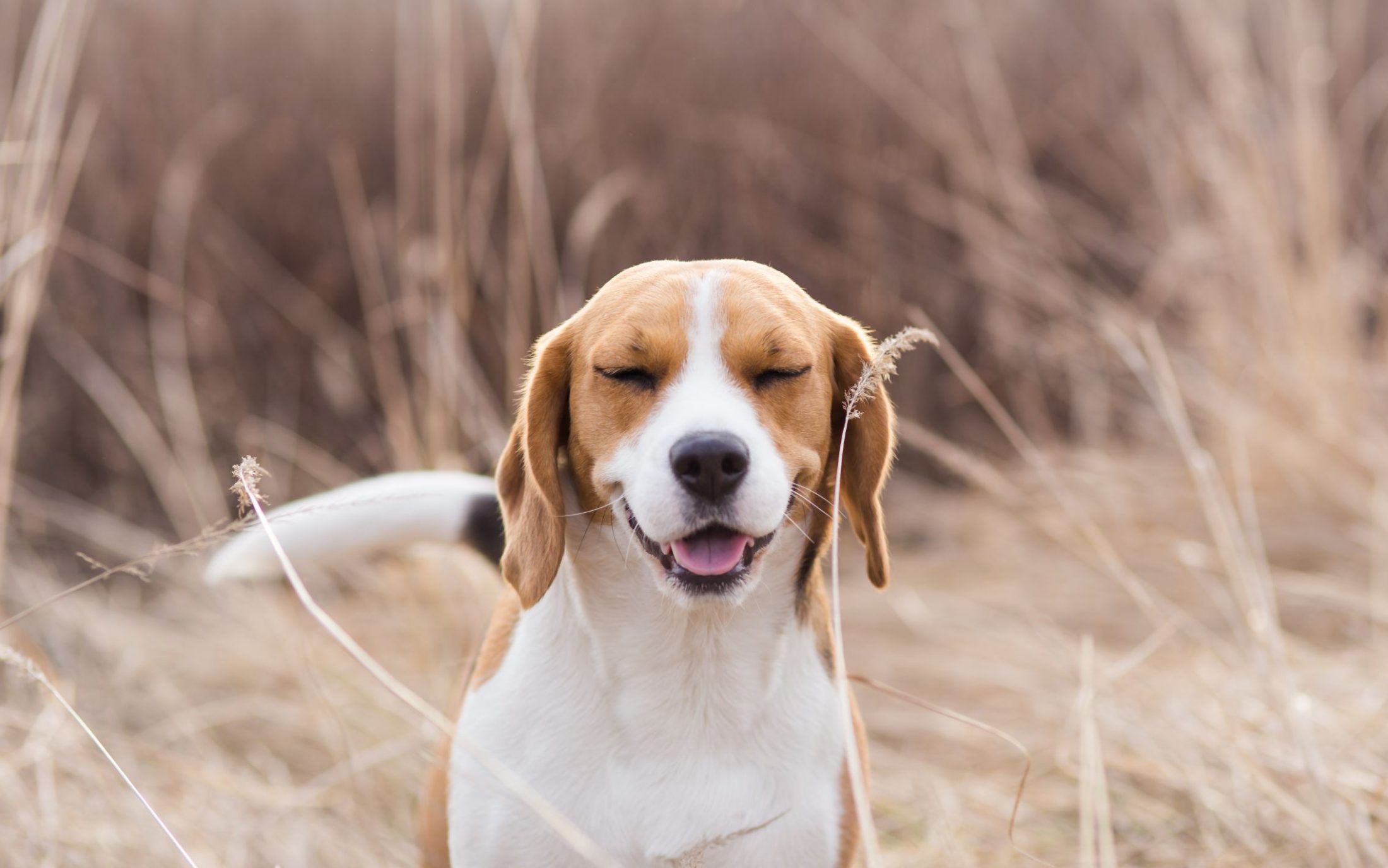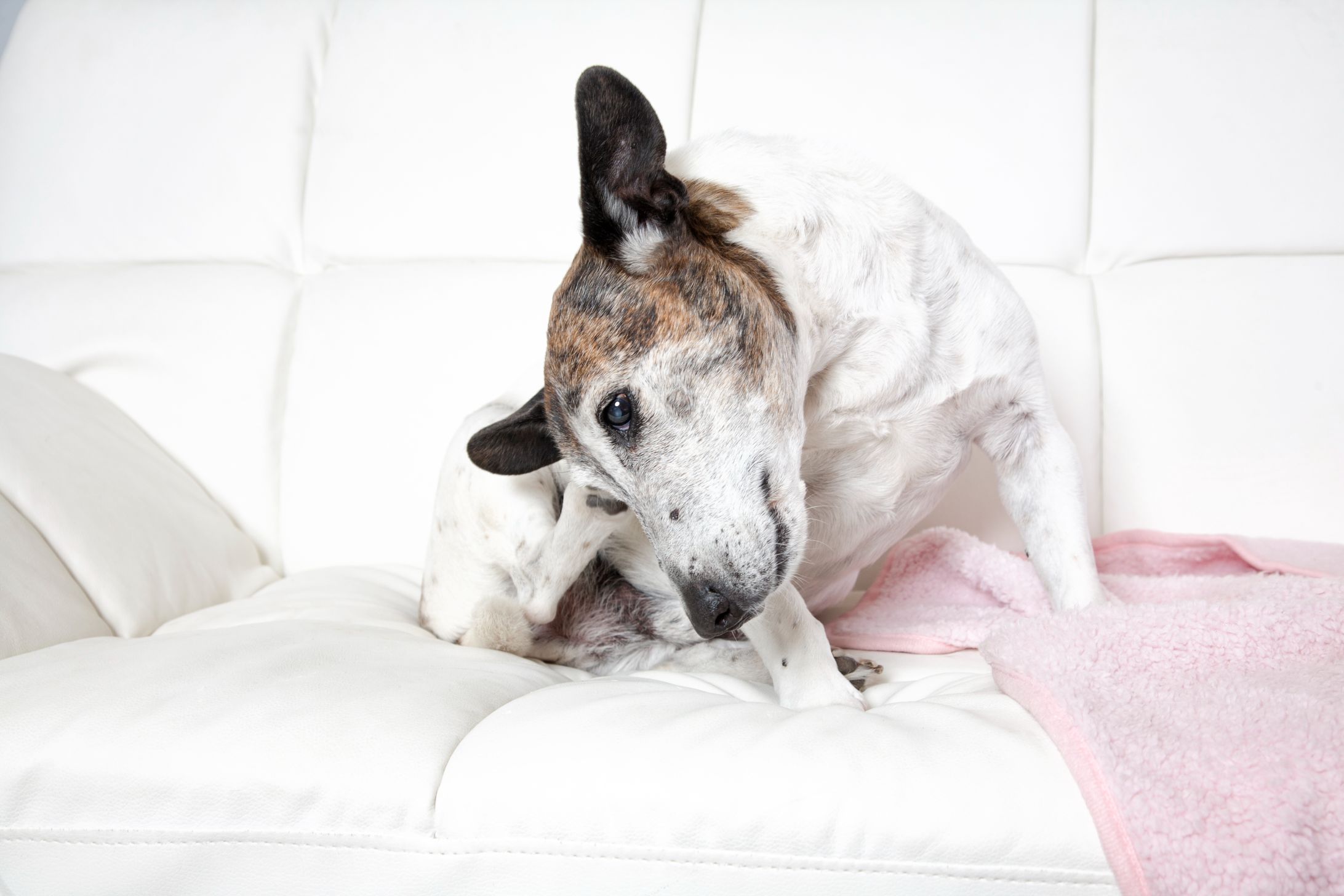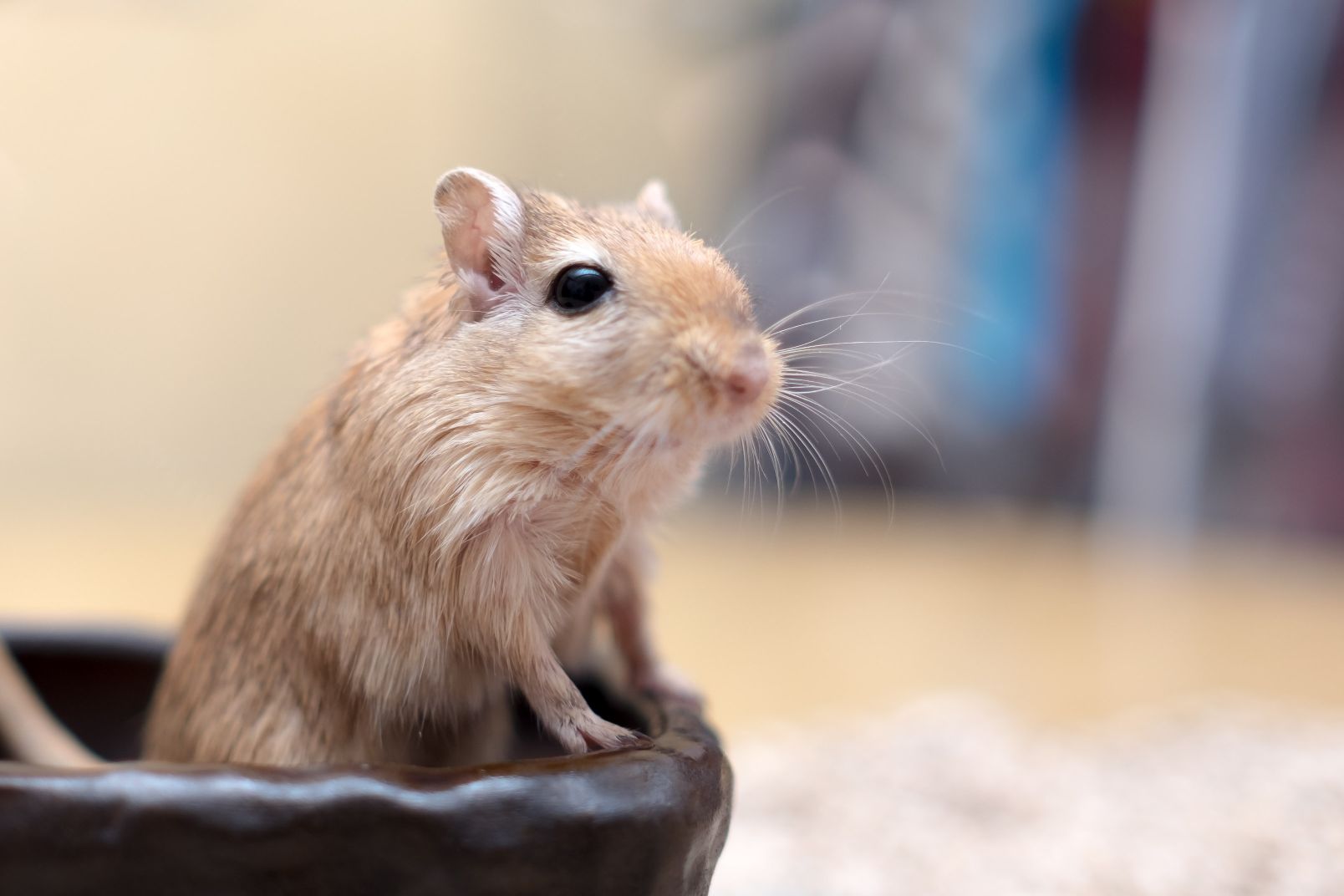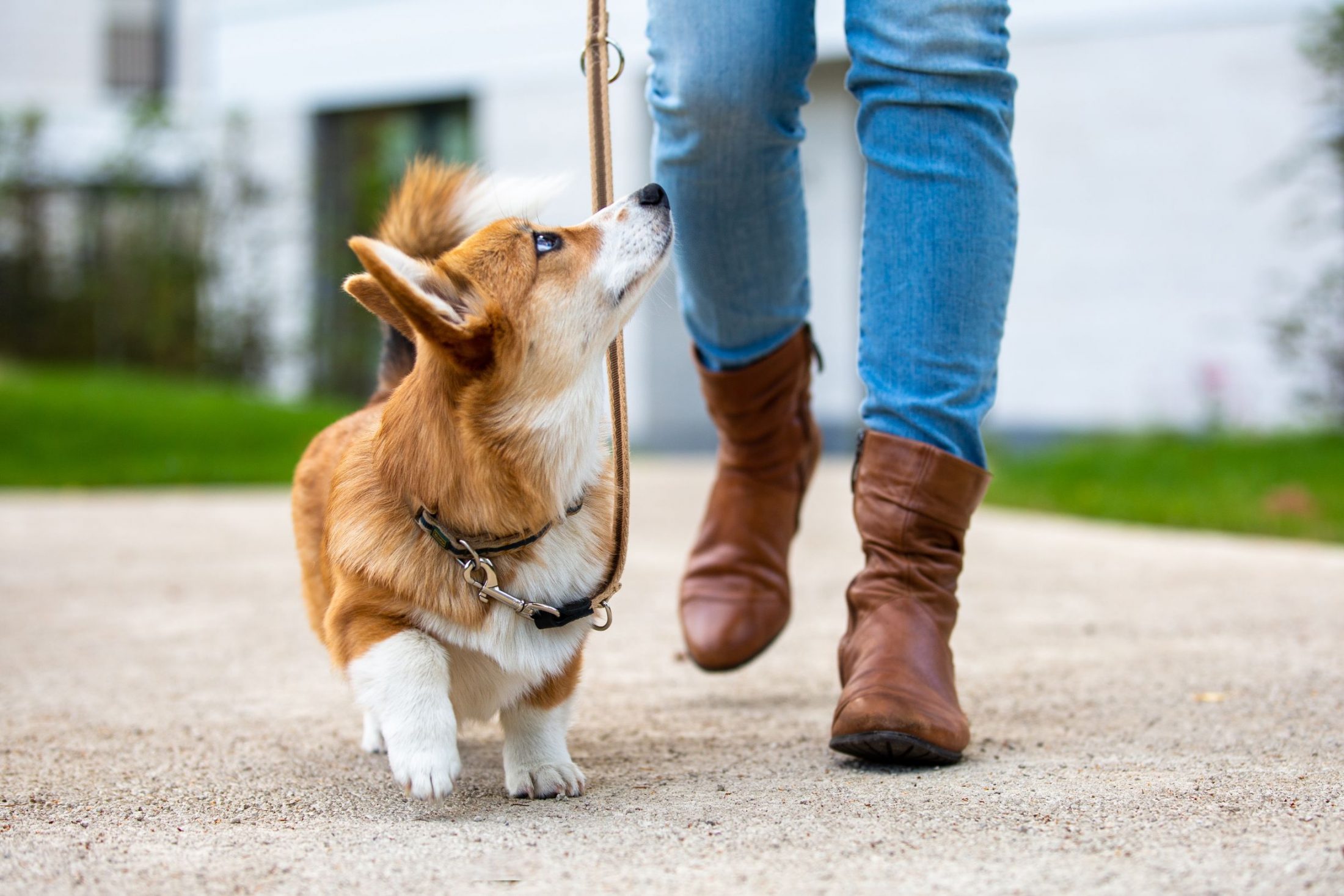
You may be used to hearing some strange noises coming from your pet. From moans to groans to snorts to sniffles, most pet owners have heard it all. When it comes to reverse sneezing in dogs, though, Summeridge Animal Clinic knows that many of our animal-loving friends are a little taken aback.
A Reverse What Now?
A reverse sneeze, more properly referred to as inspiratory paroxysmal respiration, is nothing more than a muscle spasm at the back of the throat.
Reverse sneezing in dogs can look quite scary as the spasm can last up to half a minute and result in an alarming gag/gasp reminiscent of choking.
While this reflex is the cause of much alarm in many pet owners, it is very similar to an actual sneeze. The main difference is that while a sneeze results from irritation in the nasal passages, a reverse sneeze occurs from some type of stimulation in the pharyngeal region. In a sneeze, air is expelled from the nasal passages, whereas in a reverse sneeze, the air is drawn inwards.
Just like a regular sneeze, reverse sneezing episodes typically resolve on their own without your intervention. Knowing what it is, though, can help you to keep calm during the episode.
If your dog seems to be upset, or if the episode seems prolonged, try talking in a calming voice while rubbing your pet’s throat. A gentle blowing on the nose can also help your dog to swallow and disrupt the spasm.
When to Worry About Reverse Sneezing in Dogs
Reverse sneezing in dogs is nearly always harmless. It often occurs from allergic irritation from pollen or other allergens, irritation from aerosols, or an upper respiratory infection.
Sometimes an actual object like a blade of grass can become lodged in the back of the nasal passages. Polyps or other growths can also trigger reverse sneezing episodes.
For the most part, pet owners shouldn’t worry about occasional reverse sneezing. It is time to contact us, though, if your pet:
- Is having other respiratory symptoms such as coughing
- Seems to be having trouble breathing
- Is having many recurrent reverse sneezing episodes
- Is acting lethargic or otherwise unwell
- Loses consciousness or collapses during an episode
- Seems distressed by the episodes
Diagnostic testing such as bloodwork or radiographs may be recommended to discern what is causing the problem.
Familiarizing yourself with what a reverse sneeze in dogs looks like can help you to know when to be worried and when you need just to say “gesundheit.” Often just a normal reflex, reverse sneezing doesn’t have to be scary. If you have concerns, though, don’t hesitate to book an appointment. Summeridge Animal Clinic is here to help. We are located at 8707 Dufferin St, Thornhill, ON L4J 0A2, Canada.



